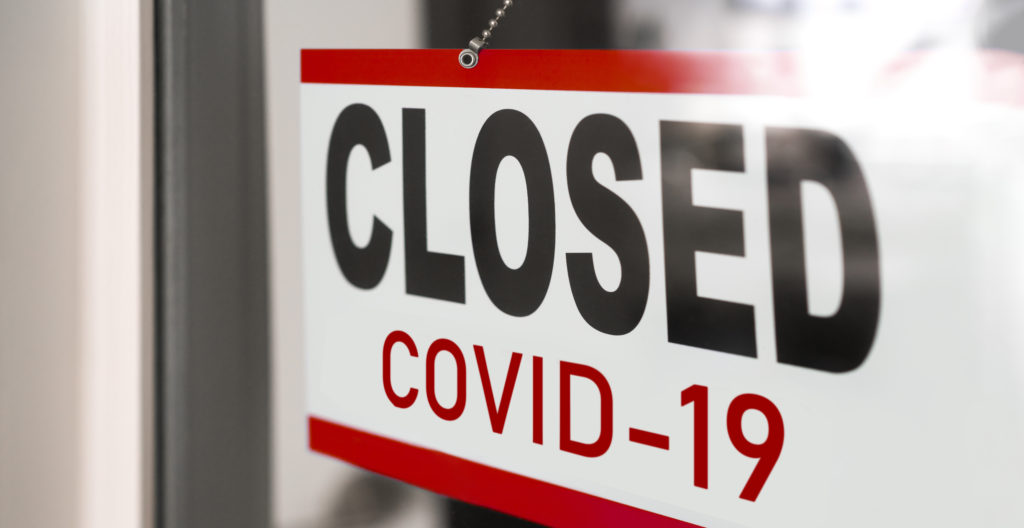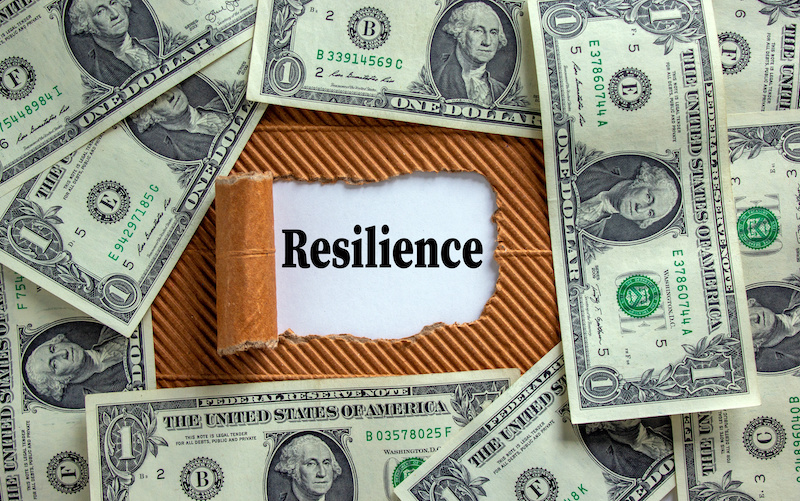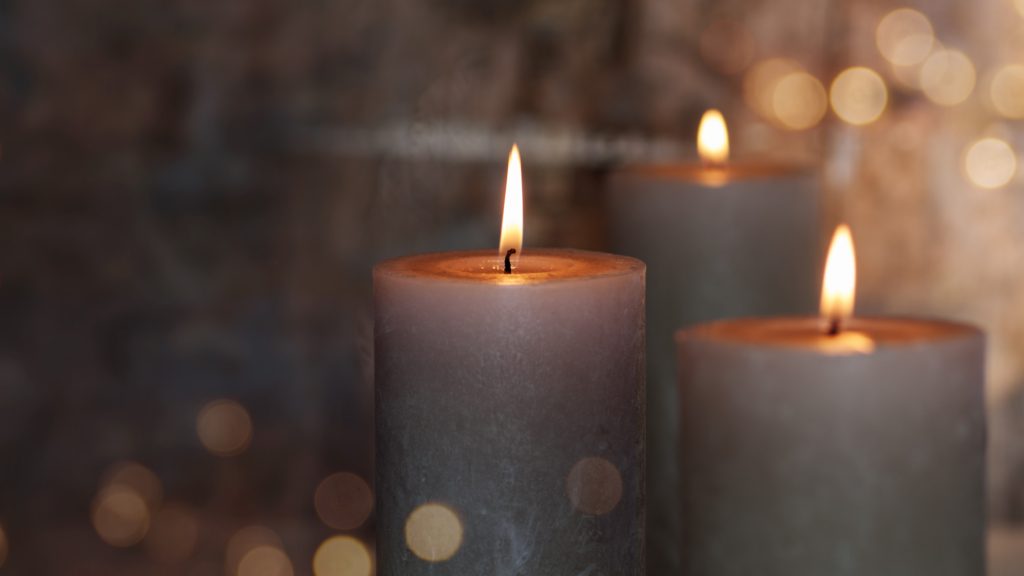Life, Liberty and The Pursuit of Public Safety During A Pandemic
Franklin H. Caplan, Michael W. Davey, Donald Elisburg and Joe I. RascoJune 9, 2020

Many businesses both locally and federally have been affected by the pandemic (Adobe)
June 8, 2020
At various times and with varied urgency, governments at all levels throughout the country and much of the world ordered business closures and social distancing measures, as COVID infections spread and illness and deaths spiked. As the weeks passed with much of the nation’s commercial activity suspended, countless businesses closed, many for good, and many millions lost their paychecks. Federal efforts to spread cash and state unemployment benefits were inadequate to supplant lost income. Meanwhile, infection rates, burdens on the public health systems and mortalities spike here and diminish there, suggesting discernable but not definitive trends. And throughout, pervasive financial hardships – for many outright calamities – became more and more dire. While epidemiologists, governors, hospital administrators, mayors, essential suppliers and various prognosticators assessed conditions, trends and responses, a protest clamor to “re-open” the country began to gain visibility and volume beginning a few weeks ago. Whether born of sincere political philosophy, or cabin fever, or financial necessity, whether catalyzed or validated by presidential tweets, the notion propounded is that personal liberties are subverted by oppressive “nanny state” governments imposing public safety measures outside of their constitutional or traditional prerogatives and against the will and judgment of some of the people.
We do not comment here on what measures should have been or should now be taken to best control the Covid-19 risks or to restart the economy most safely. Our purpose here is to address the supposition that governments have encroached improperly on personal freedoms. The implication if not outright assertion is that governments should not be concerned with public health – presumably ever, but specifically during this pandemic and the financial travails that have ensued. As we see it, that is a false premise. Recognizing that this viewpoint has been affirmed in various circles, we think it a good idea to address it head-on.
The personal rights viewpoint holds that Americans can and should make their own decisions bearing on their own health and safety and that therefore social distancing should be a matter of personal discretion, not governmental mandate. It follows that safety measures should be up to the business owner and patrons opting for their own comfortable version of pre-or post-pandemic normalcy; never mind the viral contagion on the loose among the population at large.
That is an incorrect and irresponsible proposition in our view, presupposing a withered role for government that is not realistic, and imposing too great a danger to the public at large. Viral infection spreads by personal contact. One’s self-conferred personal decision to mix and mingle as usual puts others at risk of infection. Considering the vectors of viral transmission, the strains on the public health system and the death count, the public policy decision has been and continues to be to control the vector. Limiting mobility and non-essential interpersonal contacts has been a rational and necessary (considering the statistics) approach to implement that decision.
Would social distancing occur as reliably without governmental mandate? The overreaching nanny-state premise by itself suggests that voluntary social distancing would be less comprehensive, increasing risk of contagious transmission. The gist of the premise is that there should be no lawful constraints on personal discretion to assume risk for oneself, even where that risk potentially endangers others. That’s not how society works.
In the United States rights and regulations co-exist in an endless balancing act, informed by consensus policies and constitutional principles, and by common sense and compromises encompassing shared responsibilities for the greater good. That’s part of the social compact. Personal liberties are not negated improperly or unconstitutionally simply because regulations impose restraints. Examples are many: seat belts are required, driver discretion being irrelevant. An intoxicated driver cannot lawfully take the wheel, ignoring risk to others. Smoking in public places is outlawed. We cannot lawfully sell a controlled substance to a willing buyer. A well-intended home-chef cannot operate a restaurant without a license. A hotelier cannot forgo a fire safety system despite the extra cost. A parent cannot withhold medical care for a child despite the parent’s belief that he or she knows best. A shaman cannot practice medicine for patients who have faith in that particular person’s caregiving. Years ago, you could not opt for non-fluoridated water. You cannot yell fire in a crowded theater. My right to swing my arm in an arc ends before I hit your nose.
We willingly put constraints on personal discretion all the time, for the collective good. We do this by self-restraint and by lawmaking, consistent with the government’s responsibility to protect the health, safety and welfare of the people as a whole. With proper limits and the best achievable balancing of rights and rules, and with buy-in and cooperation among the public at large, this is a predicate for a well-ordered and properly functioning society. And yes, governmental responsibility most definitely extends to public health.
There are tough decisions to be made about how to normalize commerce consistent with suitable public health precautions. Predictably circumstances will change from time to time, for better and for worse, driving a tightening or loosening of safety measures. A measure of sacrifice for public safety has been required, as informed and reinforced by governmental mandate. It is deconstructive and potentially dangerous to insist that a regulated pandemic protective response as has been mounted does not or cannot co-exist with personal freedom.



Responses
Jo Ann Pisacane
Jun 9
When four brilliant minds work together, sharing their ideas together, it is no surprise that they can produce the article I just read . Congratulations to our Mayor, Mike Davey,Frank Caplan,, Don Elisburg, and Joe Rasco. The article should be sent to every newspaper in this country. Bravo!
Jeanne Regan
Jun 27
What a blessing to have you among us, willing to donate your time and wisdom, for the benefit of all!
The comments are closed.